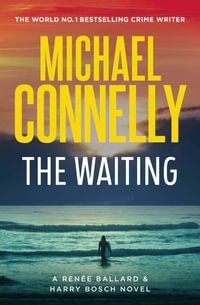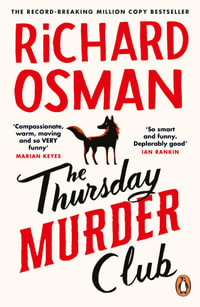The 30th anniversary edition of the bestseller that defined an age
'Everything, somehow, fit together; some sly and benevolent Providence was revealing itself by degrees and I felt myself trembling on the brink of a fabulous discovery, as though any morning it was all going to come together---my future, my past, the whole of my life---and I was going to sit up in bed like a thunderbolt and say oh! oh! oh!'
Under the influence of a charismatic classics professor, a group of clever, eccentric misfits at a New England college discover a way of thought and life a world away from their banal contemporaries. But their search for the transcendent leads them down a dangerous path, beyond human constructs of morality.
About the Author
Donna Tartt was educated at the University of Mississippi and Bennington College, and is the author of a second novel, The Little Friend. She lives in Mississippi and New York City.
About the Author
Donna Tartt is an American author who has achieved critical and public acclaim for her novels, which have been published in forty languages. Her first novel, The Secret History, was published in 1992. In 2003 she received the WH Smith Literary Award for her novel, The Little Friend, which was also nominated for the Orange Prize for Fiction. She won the Pulitzer Prize and the Andrew Carnegie Medal for Fiction for her most recent novel, The Goldfinch.
Industry Reviews
The Secret History succeeds magnificently ... A remarkably powerful novel [and] a ferociously well-paced entertainment ... Forceful, cerebral, and impeccably controlled * New York Times *
So irresistible and seductive it's almost a guilty pleasure * Guardian *
A huge, mesmerizing, galloping read * Vanity Fair *
Donna Tartt is an amazingly good writer. She's dense, she's allusive. She's a gorgeous storyteller -- Stephen King
Takes my breath away -- Ruth Rendell
Brilliant and compulsive * Evening Standard *
A haunting, compelling, and brilliant piece of fiction ... Packed with literary allusion and told with a sophistication and texture that owes much more to the nineteenth century than to the twentieth * The Times *

























